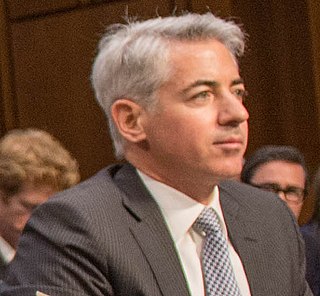A Quote by James O'Toole
Managers who assume that higher profits drive better working conditions may have their logic backwards. Contrary to conventional wisdom, our research identified companies in virtually every industry that are profitable because they provide good jobs.
Related Quotes
The danger of tautological propositions is considerable in discussions of the concept of normal profits. Because supernormal profits seem to invite newcomers to an industry and sub-normal profits seem to drive away those who are in an industry, some writers are inclined to define normal profits as the earnings of the fixed resources in an industry which neither grows nor declines in size or number of firms. It should be clear that such a definition is useless: it muddles together attractiveness and actual afflux, desirbility of entry and ease of entry, zero profits and monopoly rents.
The whole time I was a union leader, we had to put up with John Howard and Tony Abbott attacking workers' conditions. I'm proud of being a moderate trade union official, working co-operatively between employees and employers. I'm interested in better wages for workers, better safety, job security, and, profitable companies, because I understand that if you get co-operation in the workplace, everyone wins.
As a result of overdiversification, their (active managers) returns get watered down. Diversification covers up ignorance. Active managers haven't done enough research into any of their companies. If managers have 200 positions, do you think they know what's going on at any one of those companies at this moment?
...making profits is important because it keeps all our people in jobs and, you know, it keeps what we - what we've created going, but, you know, what we're - what I get my - what I'm proud about doing is creating companies which we're really proud of, you know, which we can really be proud of and a byproduct of that hopefully will be that they'll be profitable and be able to pay the bills.
I look forward to working closely with the Research Councils, Innovate UK, and Higher Education Funding Council for England (HEFCE), as we work together to create UKRI. I also look forward to working closely with all of our research and innovation communities to provide a strong and coherent voice for U.K. science and innovation.
It [the pharmaceutical industry] is the most profitable industry in the world, and partially funds the US government. It surpasses oil in terms of profits and my country recently went to war due to oil pricing. What does that say they will do to keep this other industry in tact? It is up to patients and their families to question what they are being given, and to consumers to demand better, more natural alternatives.
It's easy to complain that pharmaceutical companies place profits over people and apparently care more about hair loss than TB. However, many in the pharmaceutical industry would be glad for the opportunity to reorient their research toward medicines that are truly needed, provided only that such research is financially sustainable.
Big Pharma needs sick people to prosper. Patients, not healthy people, are their customers. If everybody was cured of a particular illness or disease, pharmaceutical companies would lose 100% of their profits on the products they sell for that ailment. What all this means is because modern medicine is so heavily intertwined with the financial profits culture, it’s a sickness industry more than it is a health industry.
Government has the responsibility to provide the climate in which Americans, all Americans, have an opportunity for good jobs; and not only for good jobs, but an opportunity if they have the ability and the desire, to be owners and managers, to have a piece of the action, because if they have a piece of the action, then they believe in the system rather than fighting against it.




































